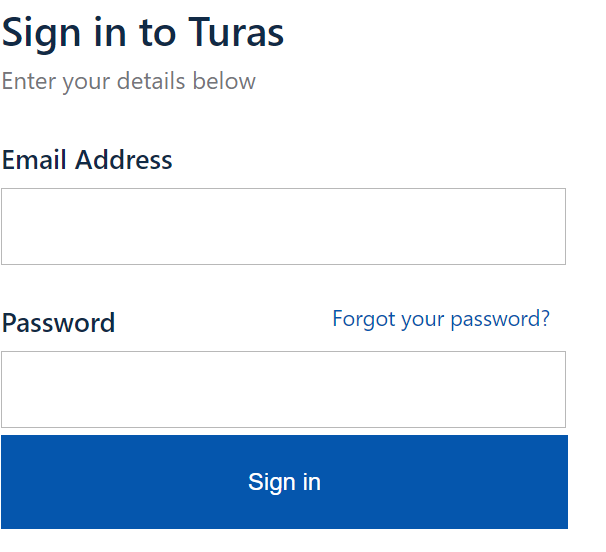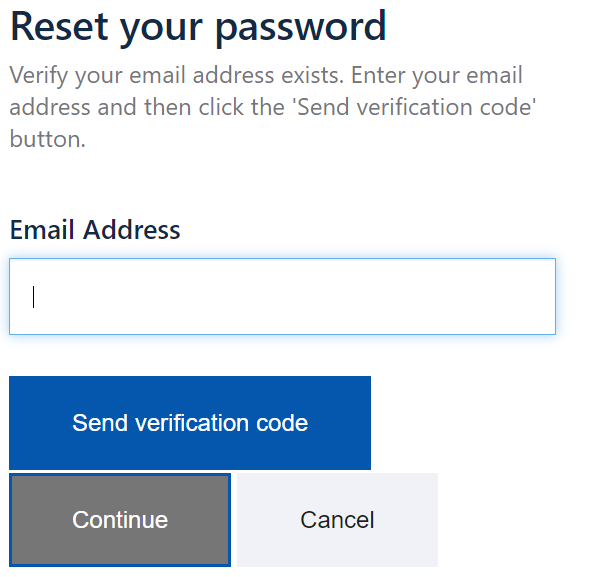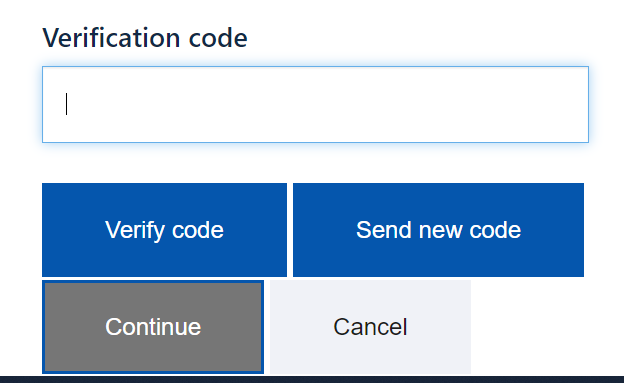The Personal Development Planning and Review Process (PDP&R) is a key part of our commitment to support the development of staff throughout their careers with NHSGGC. It’s designed to be a meaningful, Person Centred dialogue between staff and their reviewer, which can support engagement, health and wellbeing, and patient/service user outcomes. The PDP&R process encourages reflection and feedback, enables staff to be clear about what’s expected of them through agreed objectives and provides an opportunity to identify and review development needs and supports required for their current role and future career aspirations.
The Once for Scotland PDP&R Policy sets out a unified approach that applies to all employees, regardless of role or the specific PDP&R process/recording tool they use. It reinforces the importance of high quality PDP&R conversations starting from induction onwards, ensuring all staff are appropriately trained and developed in line with the Staff Governance Standard.
For Agenda for Change Staff, the Knowledge and Skills Framework (KSF) underpins this and TURAS Appraisal is the electronic tool used to support the process and record the outcomes from it.
We have a ongoing programme of Collaborative Conversations – which is your chance to help shape the future of learning within NHSGGC by sharing your experiences of PDP & Review, how Protected Learning Time is used and support for career development. details of the next Collaborative Conversation Sessions are available or you can contribute via our: Feedback Form
The resources below are designed to assist staff and managers to have meaningful PDP&R conversations and to record the outcomes effectively on TURAS Appraisal.
PDP & Review – Guidance for Managers and Reviewers
An important part of the PDP&R process is the conversation between reviewer and reviewee. The annual review provides an opportunity to build on the regular conversations that you have with your team throughout the year. This Guide for Managers/Reviewers gives information on the process, your responsibilities and how to get the most out of it.
The information below forms part of a Learning Pathway which details a range of resources to help you prepare for and conduct effective PDP & Review discussions with staff and ensure they are recorded on TURAS Appraisal.
Learning Resources
Developing Your Staff – Meaningful Reviews (People Management Module)
Supporting the development of your staff is an essential part of your role. It ensures that your team members develop their competence and confidence in order to provide the best possible service. This learning resource explores underpinning values, tools and techniques to support continuing development and how to maximise the effectiveness of the KSF Personal Development Planning and Review process for your staff team. It’s focused on the PDP & Review (TURAS Appraisal) process used by Agenda for Change staff.
Information to Support PDP&R Process
My PDP & Review Stories
Find out more about how the PDP & Review process is helping staff in NHSGGC.
PDP & Review – Guidance for Staff (Reviewees)
An important part of the PDP&R process is the conversation between the reviewer and the member of staff (the reviewee). The annual review provides an opportunity to build on the regular conversations about performance and development that you have had with your manager/reviewer throughout the year. This Guide for Employees gives information about the process, your responsibilities and how to get the most out of it.
There are a range of resources detailed within the Learning Pathway to help you prepare for and participate in effective PDP and review discussions with your reviewer and record these on TURAS Appraisal.
Additional Information to Support PDP&R Process
My PDP & Review Stories
Find out more about how the PDP & Review process is helping staff in NHSGGC.
TURAS Appraisal System – Guidance
How can I access TURAS Appraisal?
Forgotten your TURAS Appraisal Password?
You can usually reset your password for TURAS Appraisal quickly and easily yourself, without any need to contact the Learning and Education support team.
Simply follow the steps below:
Click on the ‘Forgot your password?’ link.

Add email address and click ‘Send verification code’

A code will then be emailed to the address you gave. Please leave the TURAS page opened until the code arrives, then copy and past it into the ‘Verification code’ section and click ‘Verify code’ and then ‘Continue’.

This then allows the password to be reset

To add or remove staff from Managers Page on TURAS Appraisal
To add staff to a Managers page on TURAS Appraisal, please complete the Turas Staff List Template and submit to the Learning and Education Support Team via the HR ServiceNow Portal. This should be done for new staff or when staff move to another department.
If the member of staff is leaving NHSGGC completely – no action is required. Once terminated from the Payroll system they will automatically be removed from manager’s list on TURAS Appraisal.
Need help with TURAS Appraisal?
TURAS Appraisal is the recording tool for the KSF Personal Development Planning and Review (PDP & R) process and is designed to be used throughout the year to support your ongoing development in line with your job role, service requirements and career aspirations.
Last Updated 5th January 2026
